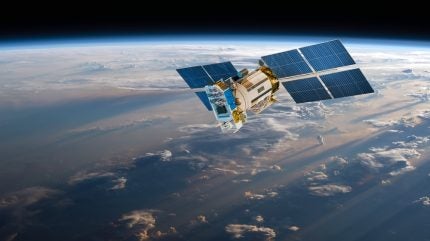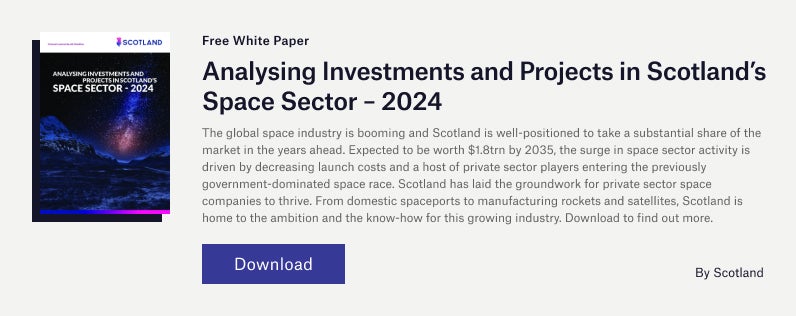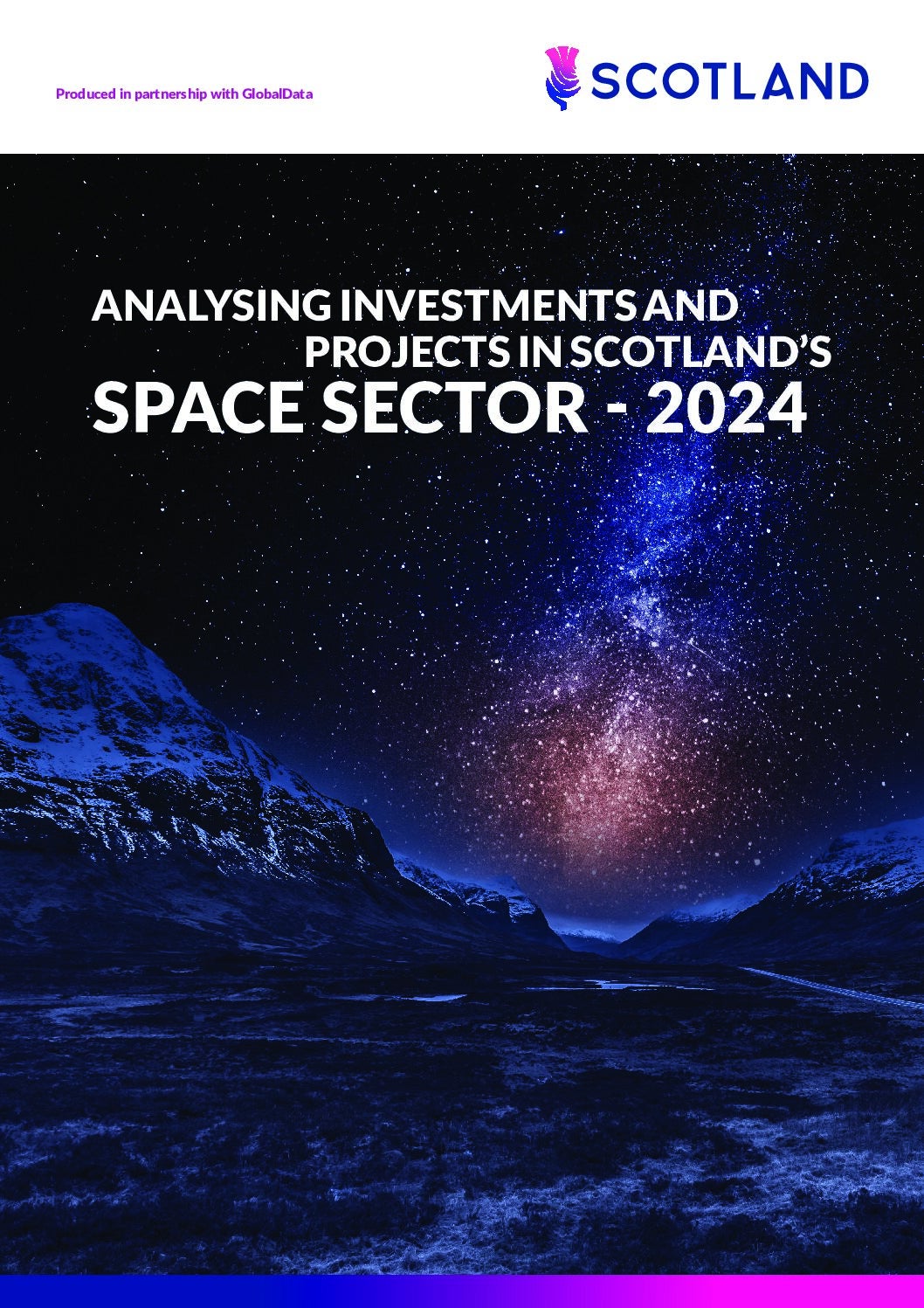
Space-derived data has become a crucial tool in financial decision-making and portfolio strengthening. Its uses range from pension funds evaluating investments in carbon-intensive industries to insurance companies assessing climate risks and loss adjustment.
For environmental, social, and governance (ESG) reporting, space data offers valuable insights to verify claims. Such considerations are becoming crucial for companies in sharing accurate and validated performance with stakeholders such as investors, customers, and regulators.

The capabilities of space data are fundamentally changing how financial risks are assessed and managed. Assets can be better protected, and the return on investment improved. Services from space tech companies based in Scotland are now delivering these globally desired services.
Advanced financial data analytics from satellites
Space technology enables significant advances in financial data analytics. The combination of multi-spectral satellite data and combined advanced machine learning algorithms is addressing critical challenges facing financial institutions.
It is essential to continually assess the viability of an investment over the long term. However, this is more challenging amid a more unpredictable climate and a greater frequency of extreme weather events.
Earthblox specialises in satellite data analytics. The Scottish company supports insurance underwriters by delivering global geospatial data insights to non-specialist teams. A major advantage is that analysis time is cut from 80 days to eight minutes.
Along with specialist companies such as Trade in Space and Space Intelligence, Earthblox enables financial institutions to monitor environmental changes so that ESG claims across vast geographical areas can be verified, while compliance with regulations such as the EU Deforestation Regulation (EUDR) can be fast-tracked. These capabilities help to reduce uncertainty over potential fines while maintaining access to the EU market.
How space data can transform risk assessment and ESG reporting
Pension funds manage some of Europe’s largest investment portfolios. Providers are keen to learn how satellite data can enhance ESG compliance and risk assessment capabilities. With its European offices in Glasgow, Spire uses satellite data to collect thousands of daily global atmospheric readings to monitor pressure, humidity, and temperature. The US company’s constellation of low-Earth orbit satellites has supported large-scale carbon projects worldwide, from Brazil to India.
In addition, pension funds need to assess the environmental impact of investments in industrial facilities. Companies such as D-CAT and Ecometrica (part of Ecoglobal) provide detailed analyses through a combination of synthetic aperture radar (SAR) and multispectral imaging.
Space data technologies can provide investors with early warning signs of environmental non-compliance or operational issues that could affect investment value.
Cybersecurity and space data
Financial institutions are 400 times more likely to be hit by a cyberattack than other sectors. As financial institutions increasingly rely on satellite data, effective cybersecurity is critical.
To combat emerging threats, Scottish cybersecurity specialist Lupovis has designed platforms specifically for financial services. Scalable, compliant, and deployable within an hour, the company’s solutions keep sensitive financial information secure from evolving cyber threats.
Meanwhile, Craft Prospect is another Scottish company making advances in space data services. The company is working with the European and UK Space Agencies to develop new optical and quantum communication technologies critical for financial transactions. Craft Prospect has developed quantum secure keys, which provide robust protection for sensitive financial data.
Weather risk management for financial markets
Weather patterns significantly impact financial markets, from agricultural futures to insurance claims. Weatherstream combines meteorology satellite data with AI modelling, machine learning, and proprietary physics models. The US company with a hub in Edinburgh enables organisations to stay ahead of weather patterns regardless of location.
For example, sea surface temperature measurements can help predict weather phenomena that might impact agricultural yields or energy consumption patterns. This enables proactive risk management strategies.
Meanwhile, Glasgow company Eolas recently developed custom mapping crafted from public domain information and its own datasets. This optimises processes for decision-makers in natural capital, allowing them to make a positive environmental impact and identify new business opportunities.
The future of finance lies in space
The Scottish space sector’s expertise is converting complex satellite data into actionable financial insights for those committed to sustainable finance.
Looking ahead, space companies in Scotland are developing even more advanced capabilities. Machine learning and AI systems are being trained on vast volumes of satellite data to identify patterns for potential financial risks or opportunities automatically.
The integration of 5G networks with satellite systems will further enhance capabilities. Edge computing on satellites can increase the precision of data analysis, enabling lower latency for financial transactions.
Space tech is making all industries more efficient, resilient and responsive, with the financial sector being strongly positioned to benefit.
However, the integration of space technology into financial services is more than just technological advancement. It represents a fundamental shift in how financial institutions can understand and manage their investments and risks. The expertise and solutions in the Scottish space sector enable leaders in sustainable finance and responsible investment to stay ahead of the curve.
To learn more about how the Scottish space sector is developing, download the document below.



